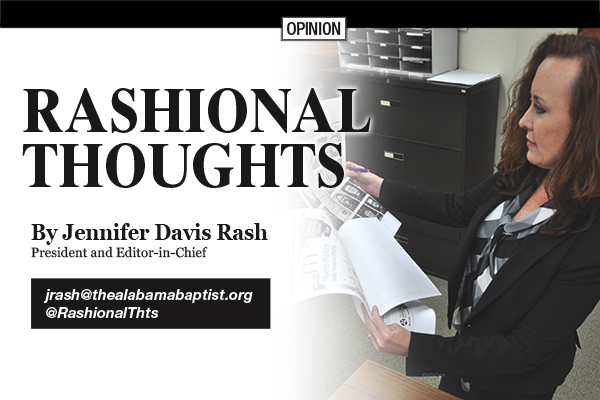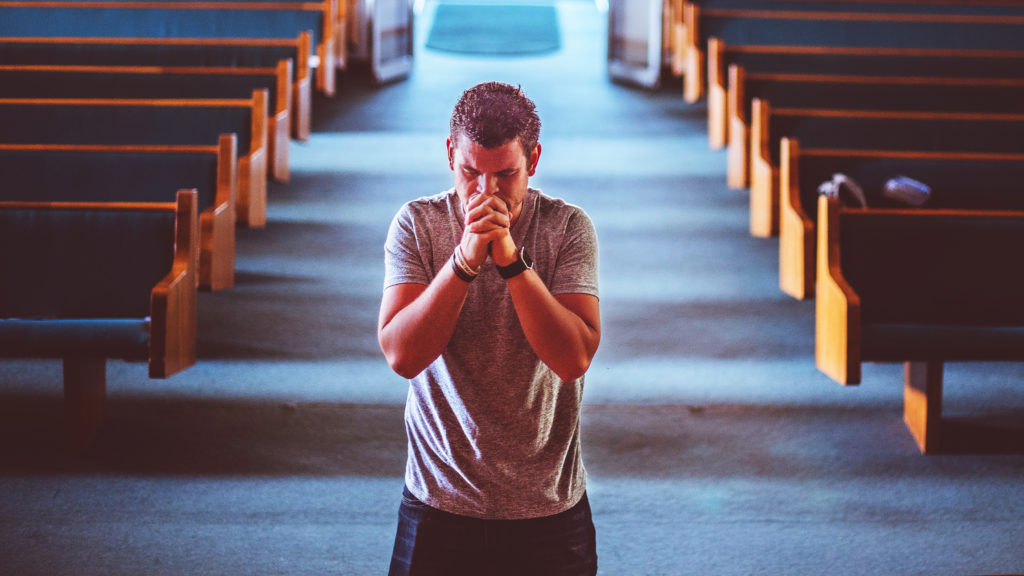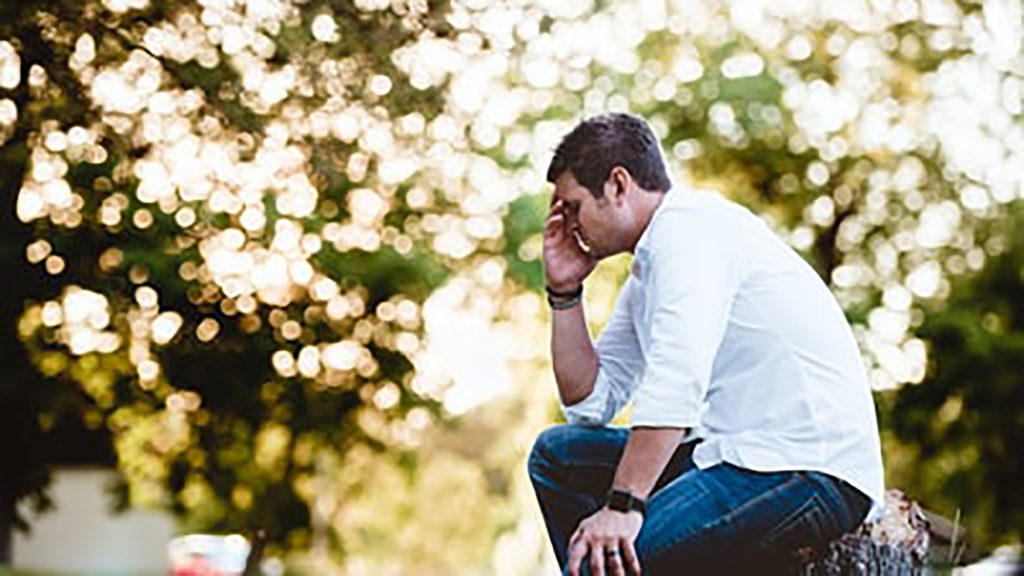The close-knit community was recently rocked by suicide twice in one week’s time — a student at the local high school and the father of two students in the school.
The deaths weren’t related except for the school and community connection, and of course the timing.
One death would have been more than enough to process, but now family, friends and acquaintances are attempting to make sense of two.
In a somewhat hushed tone, one middle schooler shared how the students chatted about the suicides among themselves at school, not really sure what to say or do, and only referring to suicide as “it.”
“We never really talk about it and we don’t use the word when we do,” he said. “We just say, ‘it.’”
I can certainly understand what he means. Discussing suicide isn’t easy. And trying to comprehend how someone could end up feeling that alone, in so much pain and without any hope of finding a way out, is difficult.
But the pain is real for so many and I’d venture to say most if not all of us have either experienced the death of a loved one by suicide or have a close friend who has.
Suicide is no longer something that happens in other communities far away from us. It’s nearby.
And it can’t be undone. The lives of family and close friends are forever changed for those left behind. The what ifs and regrets will haunt the loved ones for the rest of their lives.
A topic that may have never been mentioned before will suddenly be seared in their minds forever.
If you are reading this and have suicidal thoughts, then please reach out to a family member or friend.
Don’t give up. The answer might be within arm’s reach. After all, what do you have to lose?
For help, call Pathways Professional Counseling at 866-991-6864 or the National Suicide Prevention Lifeline at 800-273-8255.






Share with others: